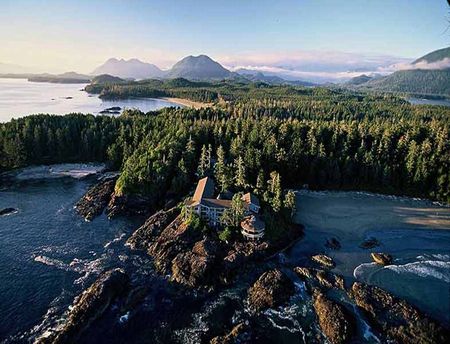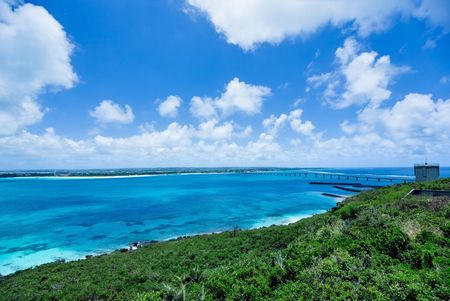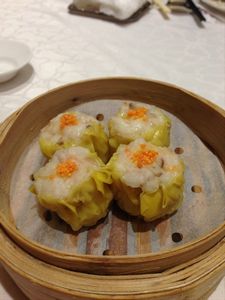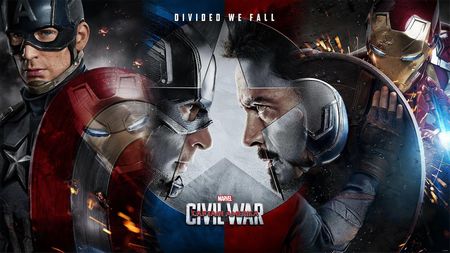Many of our members enjoy traveling so we often end up talking about our trips in the lessons.
But how do you talk about a trip?
Sometimes it is difficult to find the words to describe what we loved about it so we end up saying “It was nice” or “It was good”.
So how can you talk about all the amazing things you did?
Let’s have a look at common topics in a conversation.
As an example, I asked my friend Julie to tell me about her last trip.
多くの皆さんが旅行を楽しんでいて英会話のレッスンでそのお話をしてくれるから、時々盛り上がっちゃってその話ばっかりのレッスンになってしまうことがあります。
でも旅行についてってどうやってお話したら良いのかしら?
すっごく素敵な経験をしたのにそれを表現する単語を見つけるのって時々難しいいことがあって、結局「It was nice. 」とか「It was good.」なんていう表現で終わっちゃう。
では、どうやって旅の素晴らしい経験を表現しようかしら?
会話でよく出てくるトピックを使って見てみましょう。
例として、友達のJulieに彼女の最近の旅行について話してもらったわ。

Contents
◎How was it?:どうだった?
This is usually the first question that people ask. They want you to share the highlights of your trip: what is your impression of the trip and what did you do there?
What kind of trip was it?
Who did you meet?
Who did you go with?
たいていこの質問から始まるわね。あなたの旅のハイライトを聞かせてほしい、ということです。
旅行の印象は?
何をしたの?
誰と出会ったの?
誰と行ったの?
One of the last trips I took was to Tofino, British Columbia.
The trip was a gift from my partner for my 30th birthday.
He knew I wanted to go ever since I moved to B.C. a few years ago.
On the day we arrived it was pouring rain, windy and freezing, but, luckily, the next three days were sunny with blue skies.
We didn’t even have to wear our jackets even though it was winter! Tofino is exactly as I pictured it – wild and rugged, but also very relaxing.
「最近行った旅行のひとつはブリティッシュコロンビア州フィーノでした。
私の30歳の誕生日にカレがプレゼントしてくれたのよ。
数年前にブリティッシュコロンビア州に引っ越してからずっと私が行きたがっていたのを知っていたからね。
到着した日は雨が降っていて風もあったし寒かったんだけど、幸運なことに翌日からの3日間は晴れて青空が広がっていたわ。
冬だったのにジャケットを着る必要もないくらいだったのよ!Tofinoは私がイメージしたとおりのところだったわ。ワイルドで岩がゴツゴツしているんだけどすごく落ち着くの。

◎How long did you stay?:どれくらい滞在したの?
Was it a long trip?
A short trip?
How many different places did you go to?
長い旅行だった?
短い旅行だった?
どれくらいいろんなところをまわったの?
We stayed for five days, although we did consider staying longer!
We spent our days hiking through dense forests, standing under two thousand year old trees, exploring never ending beaches and sitting on cliffs watching the waves and mist roll in for hours.
5日間滞在したの。もちろんもっと長くいたいと思ったわ!
密林をハイキングしたり、樹齢2千年の木の下に立ってみたり、ずっと続く砂浜を探検したり、崖に腰掛けて渦巻く波を何時間も見つめたりして過ごしたわ。
◎Where did you stay?:どこに泊まったの?
Which cities?
Did you stay with locals / local people?
Did you stay at a fancy hotel?
Did you camp?)
どこの街に?
地元の人と一緒だったの?
素敵なホテルに泊まった?
キャンプだった?
We rented a room through Air B n B that was right in the town of Tofino –
we didn’t have a car and from there we were able to walk everywhere, or hitchhike to the further beaches.
It was really convenient to get coffee in the morning and walk to restaurants, but the suite was really small.
Next time we will stay at a place by the ocean!”
Air B n Bを通してTofinoの街の中心にある家具つきのお部屋を借りたの。
車がなかったんだけどそこからなら歩いてどこにでも行けたし、遠くのビーチにはヒッチハイクもできたしね。
朝コーヒーを買ったり、レストランまで歩くのにとても便利だったわ。でもお部屋がほんとに小さかったのよね。
次はビーチ沿いのところに泊まることにするわ!

See how she gives lots of information each time?
Because she talks about the weather, what they did, where they stayed,
I can understand what was special for her about this trip.
To articulate her ideas, she uses connecting words such as but, luckily, though, although.
These connectors allow us to give more information and to focus on what is important.
She also uses a lot of different adjectives to be very accurate.
ひとつの質問に対して彼女がどんなに沢山のことを話してくれたか実感してくれたかしら?
天気とか何をしたのかとか、どこに泊まったのかを話してくれたから旅行で何が特別だったか知ることができたわ。
より詳しく説明するために彼女はbut(でも), luckily(幸運なことに), though/although(けれども)、というような文章同士を繋げる単語を使っていたわね。
これらの単語を使うことでより多くの情報を入れて、何が大切なのかに焦点を当てることができるの。
より正確に表現するために彼女は色々な形容詞も使っているわね。
So next time, let’s try to develop a little more about your trip to make it sound really unique!
Don’t worry, we’re here to help 🙂
だから次は、あなたの旅行をよりユニークにお話できるように挑戦してみてね!
心配しないで、レッスンパートナーと一緒だから:)
Judith





















